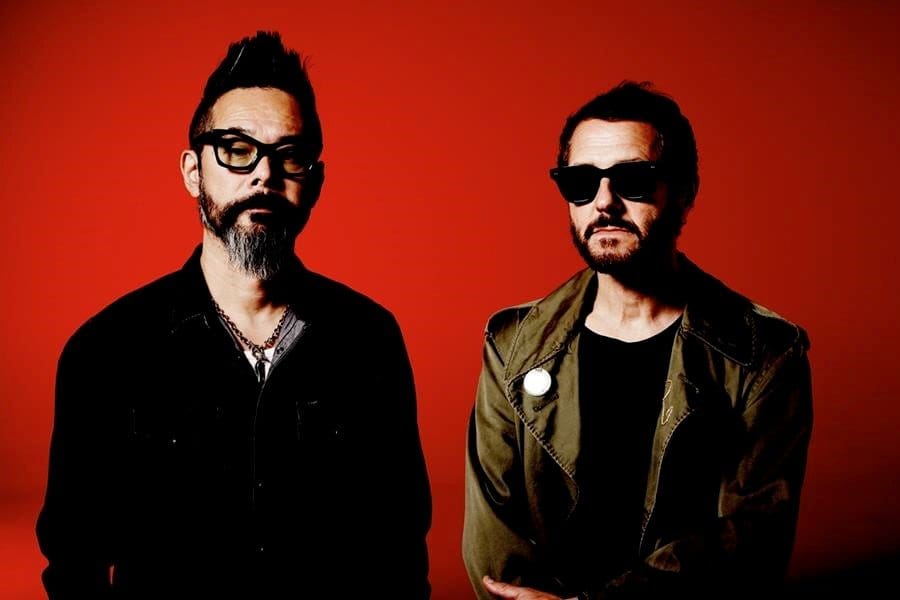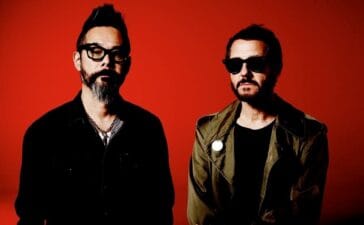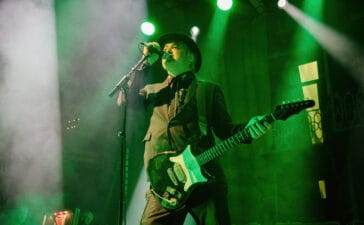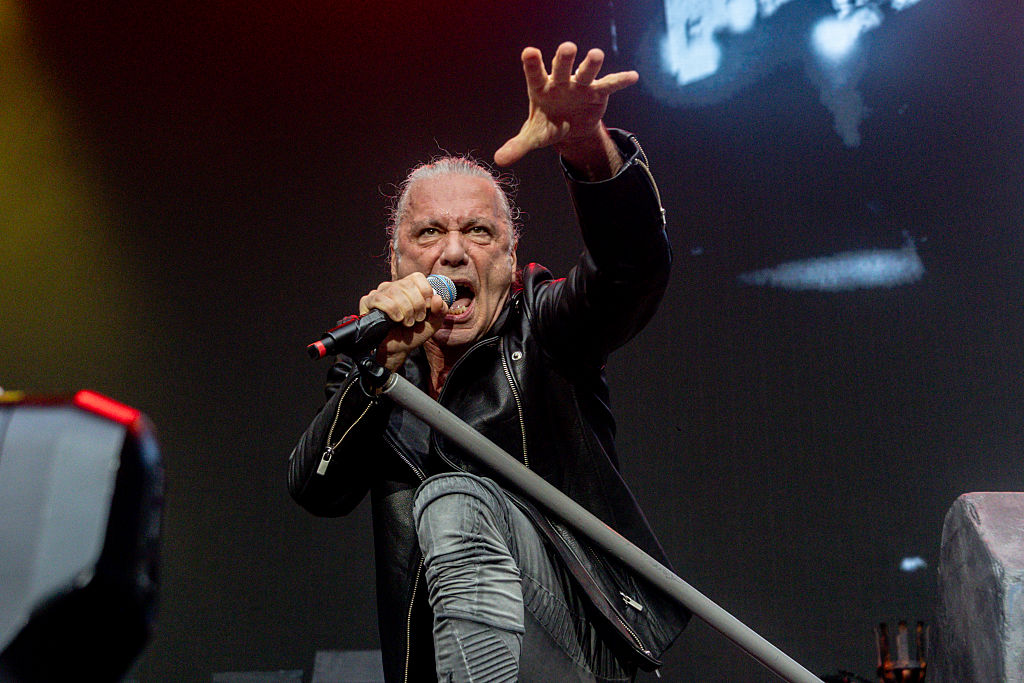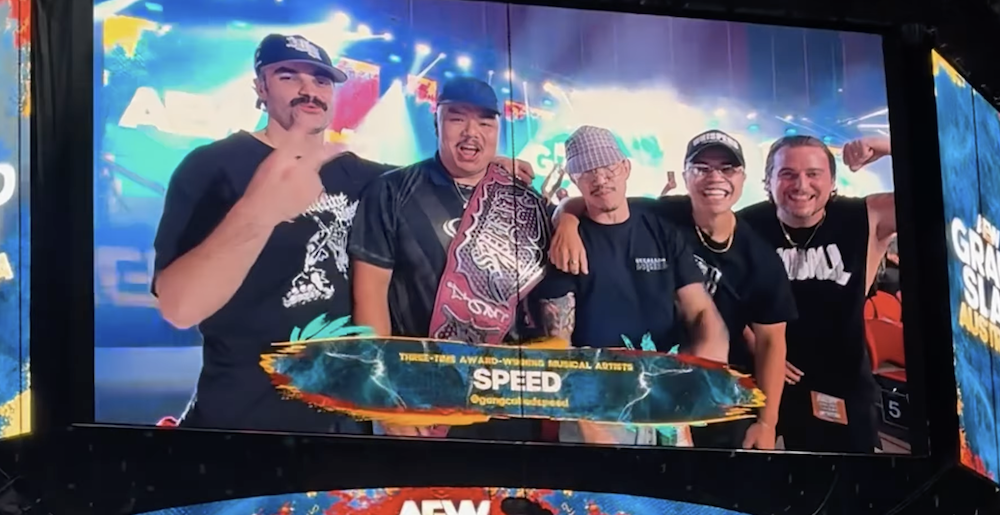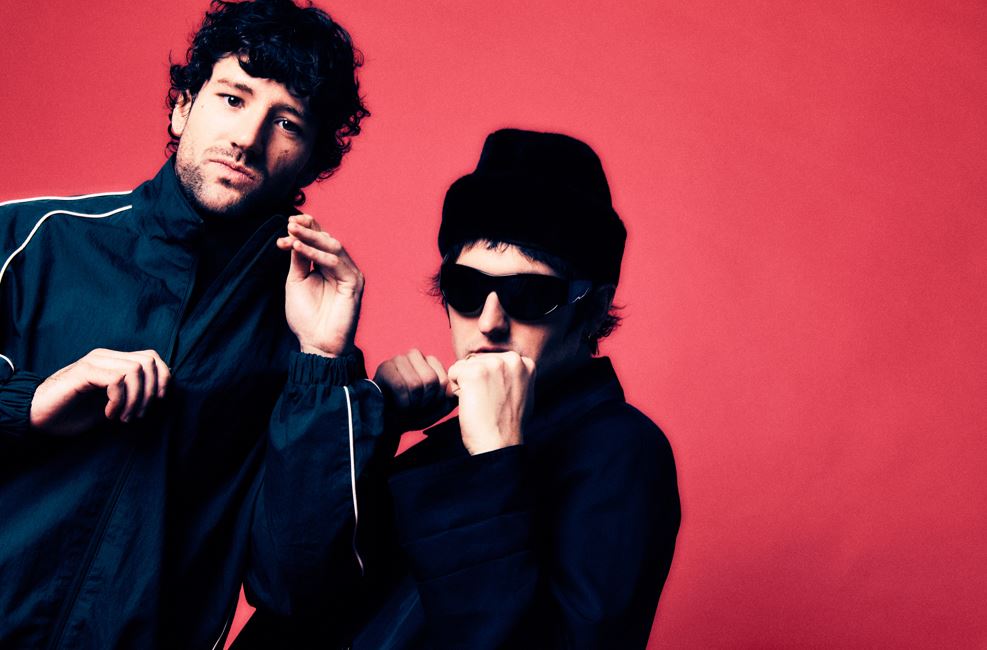The Welsh rock bands lead singer, Grant Nicholas talks London, music trends and why they haven’t toured Australia in 14 years
It was a bit of a wrangle to secure an interview time with Feeder’s Grant Nicholas. As a man in high demand, it took a few attempts, but we eventually made it happen. Thirty seconds into a Zoom call with him, it immediately became clear that the effort was worth it. He greeted me with a warm smile. “How are ya?” he asked politely, his distinctly Welsh-English drawl unmistakable.
Dialing in from his home in Crouch End, London, Nicholas looks every inch the rock legend that he is. Dressed in a baseball cap and loose t-shirt, he looks like a man who’s swallowed the world and survived to tell the tale.
“I’ve lived here [London] since the late 80s when I moved from Wales,” Nicholas explains. “I used to sleep in my mate’s flat.”
Camden, known for its rich music scene and as the birthplace of bands like Amy Winehouse and Pete Doherty, is also where Feeder originated. “I basically just started working in a recording studio, then worked my way up. Then I got back into a band, did some busking and all that stuff. That’s when we all started, around ‘92 or ‘93.”
Feeder was formed after Nicholas met fellow Welshman Jon Lee while performing in a band called Temper Temper. The two formed an immediate bond, and together they founded Feeder.
After their bassist, Julian Smith, suddenly left, the band placed an ad in the local paper. It was answered by a then-graphic designer and expat, Taka Hirose, and Feeder was fully formed.
“When we were in Temper Temper, we always had this idea of creating a three-piece. We wanted to be like The Police, but heavier. We were huge Police fans. That’s how Feeder started,” Nicholas reveals. “We wanted to be like The Jam or The Police.”
Still, the road to success wasn’t without its bumps. Not fitting into the Britpop-driven culture of the ‘90s, Feeder initially struggled to find their place. “At the time, I remember thinking we were more in line with the culture in America. We were somewhere in the middle. But after a few years, we eventually got a record deal.”
After releasing their first albums Polyethylene and Yesterday Went Too Soon in the late ‘90s, Feeder gradually started to gain traction. It was their third album, Echo Park, that truly propelled them to a new level of success. With hits like “Buck Rogers” and “Seven Days in the Sun,” the band tasted a level of fame they had never experienced before.
However, things took a devastating turn in 2002 when Jon Lee suddenly passed away at the age of 33. Amid the tragedy, Nicholas questioned whether Feeder could continue.
“After that point, it was like, ‘Is it over?’ It was made worse by the fact that we were really starting to build momentum in America at the time.”
In the wake of Lee’s death, Nicholas and Hirose returned to the studio to record Comfort and Sound. The album proved that Feeder was far from finished and sent them into the mainstream.
“I remember around that time, someone came up to me in a supermarket and asked, ‘Are you in Feeder?’ I’d never had that happen before.”
Comfort and Sound left a lasting impact—so much so that its influence is still felt by Nicholas today. “I still get all sorts of people coming up to me. Our fan base is pretty diverse. It starts with young kids whose parents have brainwashed them, then the indie crowd, die-hards, old-school rockers—whoever. We never followed any trend. That’s given us our longevity.”
This reluctance to follow trends is something Nicholas is actually grateful for in hindsight. While Feeder might not have been part of the Britpop movement, it likely helped define their identity. A noticeable shift in the music industry that Nicholas is thankful for is the current lack of mainstream “trends.”
“There are no real trends anymore. Bands like Fontaines D.C. aren’t following anyone, and they’re popular. Now, you can like a Britney Spears song and an IDLES song at the same time. It’s cool.”
This refusal to follow trends has also played a role in Feeder’s global fanbase. After nearly 14 years, the band has finally announced an Australian tour for April 2025.
“It was happening, then not happening. And I just thought, we need to do it soon, otherwise I’ll be too old. I pushed hard with our agency and management, and then a promoter signed on, and it all happened very quickly.”
“We had a great time the last time we were there,” Nicholas says, nodding in firm agreement. “We did a festival and a couple of club shows. It was a great gig. It’s laid-back in Australia, which I like. Plus, you’ve got nice weather over there, unlike here,” he adds, pointing to his kitchen window and winking.
Feeder 2025 Australian Tour Dates:
Perth – April 5 – The Rosemount
Adelaide – April 6 – Lion Arts Factory
Melbourne – April 9 – 170 Russell
Sydney – April 10 – Manning Bar
Brisbane – April 11 – The Triffid
Tickets Information:
- Pre-sale: Thursday, November 21 at 9:00am AEDT
- General sale: Tuesday, November 26 at 9:00am AEDT
For tickets or further information, visit thephoenix


